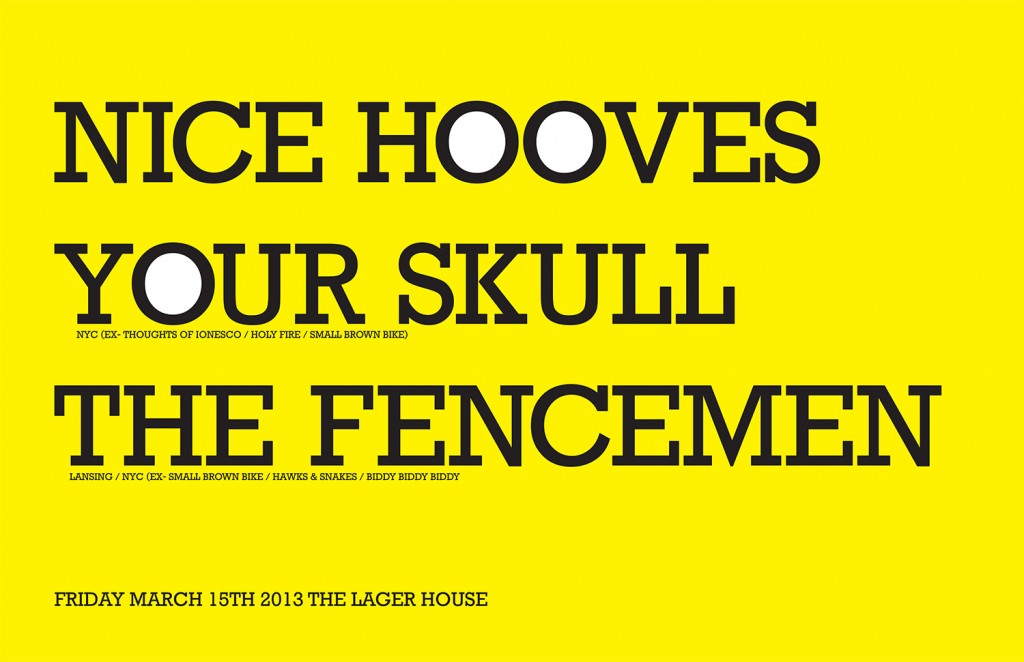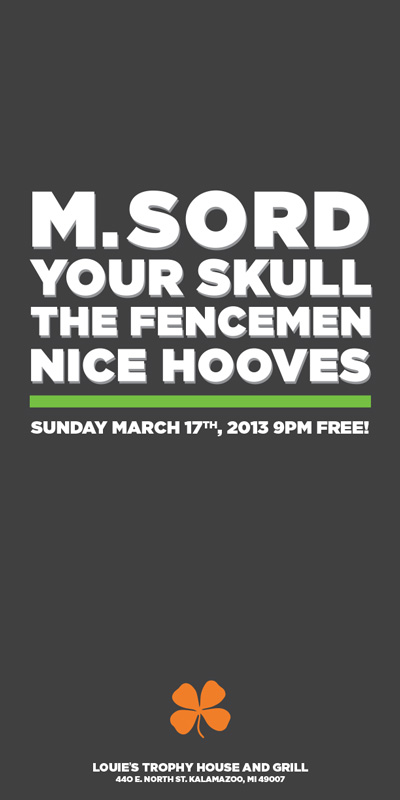Convocation, the new album by Matt Borghi and myself, is now available. I mentioned it a couple posts back when previewing 2013. The album was officially released digitally on January 31, but we’ve been waiting to really advertise it until we approved and finalized the hard copies.
My collaboration with Matt is five years old this year, and it’s been an ongoing reference on this blog. From our time together in The Elevator Conspiracy to our duo work in a variety of genres under both our own names and Teag & PK, we’ve been fighting the good fight – at least if you ask us for our opinion – for a few years now. A couple of last year’s posts were specifically about us. (See here and here.) Long story short, we cover a lot of musical ground. We started out with lounge-ish and jam-ish rock in The Elevator Conspiracy. Then, as a duo, we first explored acoustic indie-rock territory, but quickly pursued a parallel path of ambient-centric improvisation. We’ve continued down both paths the last couple years, but rarely have we mixed them. As Teag & PK, we perform original songs in coffee houses and on the radio. As Matt Borghi & Michael Teager, we explore sound in art galleries and other “listening space” environments. Convocation is an accidental culmination of the latter, and our first full-length album of either style.
I say accidental because we never intended for this to be an album. At least not originally. After a ~6-8 month spurt with our singer/songwriter material last year, we decided to go ambient at the last minute before a gig. (Matt wrote a great article about that evening here.) That gig’s success reinvigorated our ambient leanings, and so we booked some studio time a couple weeks later at Dan Jaquint‘s The Fort. We entered the studio with no plan other than wanting to capture some our new-found spirit. At best, we hoped to walk away with ~15 minutes of usable material for use as a launching point for an eventual album or project down the road. Because of our low expectations, our “rehearsing” consisted of a couple lunches, phone calls, and emails. Matt sent me about six minutes worth of sketches that he had been messing with, but we hadn’t played together since the aforementioned gig. Horn in hand, I noodled with those sketches for about ten minutes. That was it.
Once we were all set to go in the studio, we told Dan that we just wanted to record some chunks of improvisations. With our levels, etc., set, all he really needed to do was start and stop the recording equipment. For the first attempt, we improvised over a recently-composed loop of Matt’s for about 15-20 minutes. Once finished, we looked at each other with much relief – this was going much better than expected. So over the next ninety minutes we laid down four more chunks: two fully improvised without pre-conceived loops, and two fully improvised over loops that Matt had put together since our last gig. We had surprised ourselves and ended up with possibly more than our hoped-for 15-20 minutes of material.
All five of that evening’s sonic treks make up Convocation. Presented in the order in which they were recorded, all of the source material was recorded live. I say “source material” because Matt did some post-production work with the mix and other audiophile-related items, but, except for cutting out some chunks for brevity’s sake, the musical content wasn’t copied-and-pasted together a la Bitches Brew. Over the next several months we contemplated what to do with the material, finally deciding to release it via Matt’s record label Slo.Blor Media – an excellent source for ambient music and sound art.)
For purists, this album arguably may not be a strictly “ambient” work. While the whole album is grounded in an ambient foundation, the focal point, if there is one, is the improvisational monologues and dialogues. That’s where one may possibly hear jazz-ish influences, though don’t waste your time listening for any bop licks. Each of the five tracks is a collective improvisation over soundscapes, two of which were fully improvised and continually change. No “melodies,” “hooks,” or “beats.” Just sound. It’s somewhere in the nexus of ambient, jazz, sound art, and contemporary classical. (The latter if it were notated, but it wasn’t so it’s not.) Again, neither Matt nor I care what you call it. We haven’t even settled on the nomenclature. This is something we’re very proud of and want to share with open, willing ears. What you call it is a distant second to how you receive it.
Please do check it out if you’re interested. Feel free to drop a line if you dig it. And if you feel so inclined, feel free to leave a review on iTunes or Amazon.
Convocation is now available via iTunes, Amazon, eMusic, and Spotify. And you may order a hard copy via Kunaki. For more info, you can visit:
http://slobormedia.org
http://www.mattborghi.com
http://michaelteager.com
Here’s the official press release from Slo.Bor Media:

Convocation is the work of ambient composer Matt Borghi (www.mattborghi.com) and saxophonist Michael Teager (www.michaelteager.com). Recorded as a series of improvisational structures in spring of 2012, this is the first recording that Borghi and Teager have done together after a half-decade of working together.
With Convocation, Borghi brings in spacious guitar textures to create a harmonic fabric for Teager to lay out his saxophone playing with subtlety and nuance. With a background in classical and jazz saxophone, Teager brings a wide palette of influences to the music. Listeners will hear aspects of Jan Garbarek, John Coltrane and Dave Liebman that’s juxtaposed over Borghi’s pastoral guitar sounds that have more of their timbral origins in the work of Claude Debussy or Ralph Vaughan-Williams than they do other contemporary ambient guitarists.
Convocation, as a whole, aims to create a deep and timbrally interesting listening experience while also bringing together an interesting musical pairing and improvisational process. Saxophone and ambient music have never sounded like this, and Borghi & Teager attribute this to their friendship, their approach to the work and their diverse musical interests.
Buy the hard copy CD here now, or you can visit online retailers such as Amazon, iTunes, or eMusic to name just a few…




